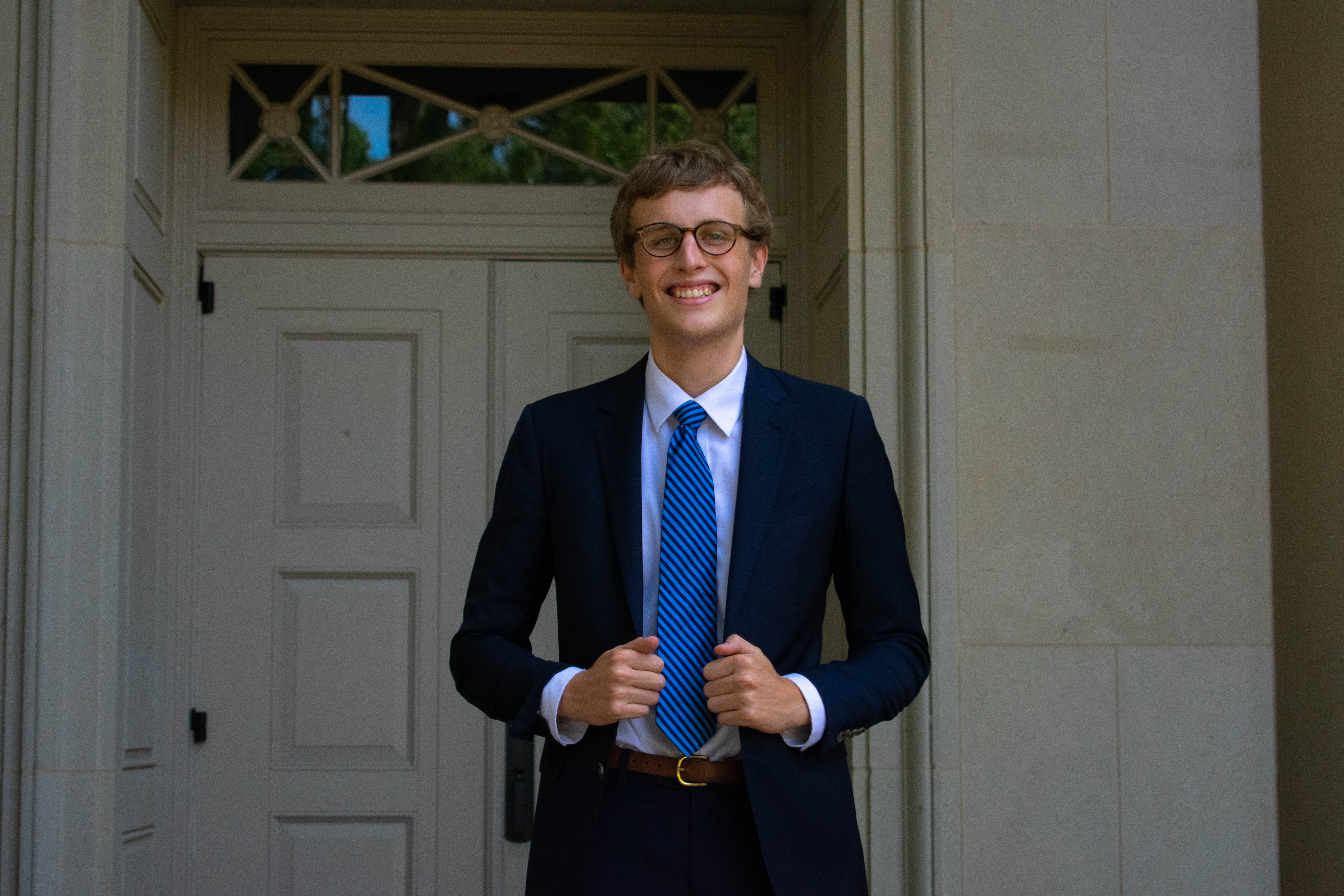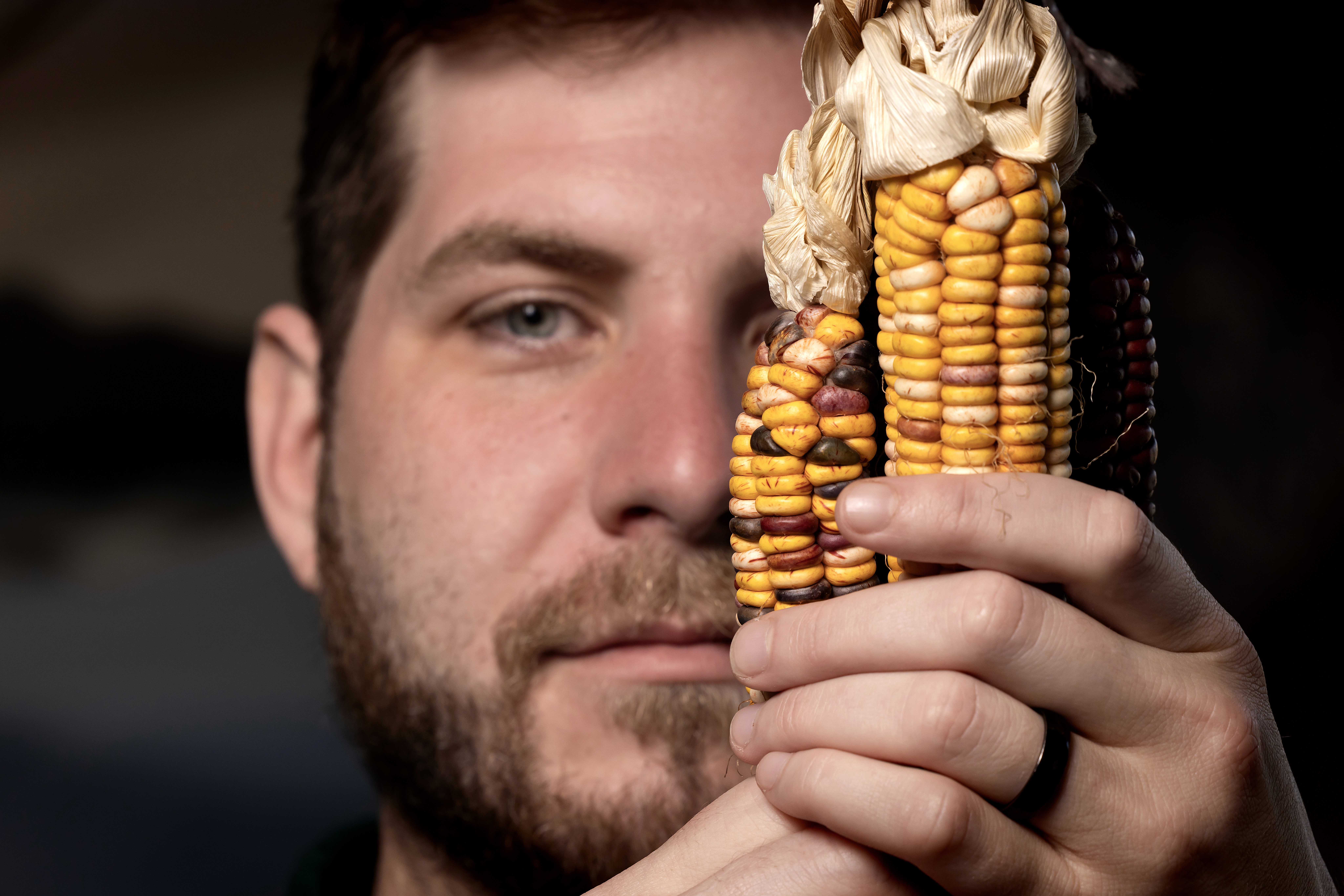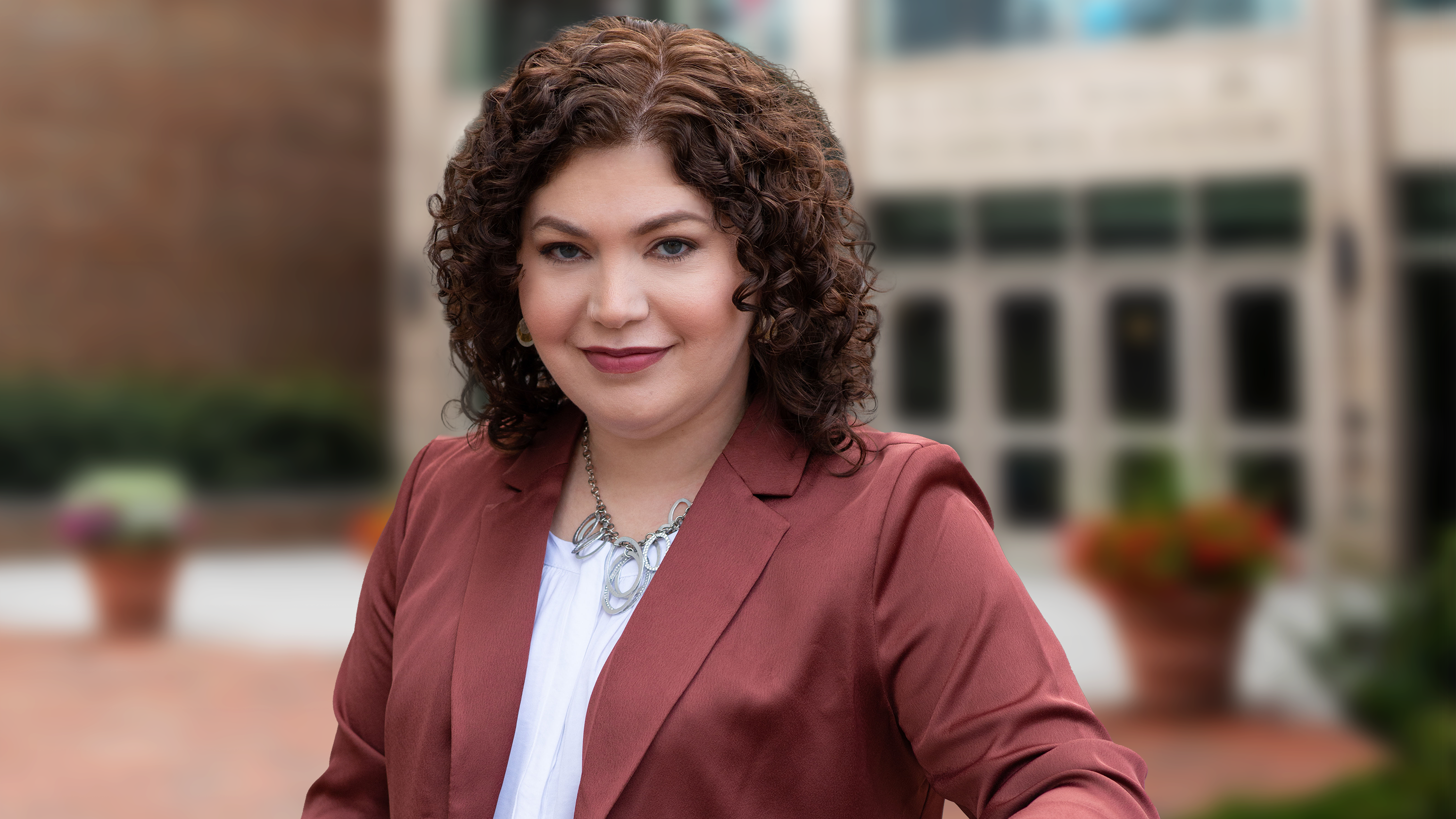Rose Stremlau
Associate Professor of History
Education
- Ph.D., M.A. University of North Carolina at Chapel Hill
- B.A. University of Illinois at Urbana Champaign
Areas of Expertise
- Native Americans in the South
- History and Gender and Sexuality Studies
Background
I am a historian specializing in the study of the Indigenous South; American Indian women, gender, and sexualities; families and kinship; federal Indian policy; and sexual violence in American History. I came to Davidson College after earning my Ph.D. at the University of North Carolina at Chapel Hill and teaching for a decade at a historically American Indian university here in North Carolina. There, I developed my passion for integrating the classroom and the archives, student research, team teaching and community-driven scholarship.
Teaching
I teach the following courses:
- HIS 141: Crises and Controversies: Case Studies in Nineteenth-Century United States History
- HIS 243: Native Women
- HIS 248: The Native South
- HIS 306: Women and Gender in US History to 1870
- HIS 307: Women and Gender in US History since 1870
- HIS 351: Native American History to 1840
- HIS 352: Native American History since 1840
- HIS 444: History of Sexuality in the US
- HIS 459: History of Rape in the US
In my courses, I engage students in primary source research and collaborative projects. Examples include the following:
- Inclusive Histories of Davidson College
- The Mary Lacy Letters (on the history of slavery at Davidson College)
- The Red Phone Project (on the history of Planned Parenthood in Charlotte)
Research
My book Sustaining the Cherokee Family: Kinship and the Allotment of an Indigenous Nation, was published by the University of North Carolina Press and won the 2012 Willie Lee Rose Prize from the Southern Association for Women's Historians.
In my current project, I continue to examine gender in the Native South. The narrative heart of this story is Barbara Hildebrand, a survivor of Removal, participant in the California gold rush, and migrant to Hawaii—all the while leaving a rich documentary trail that I am following from the Atlantic World, through the West, and into the Pacific.


